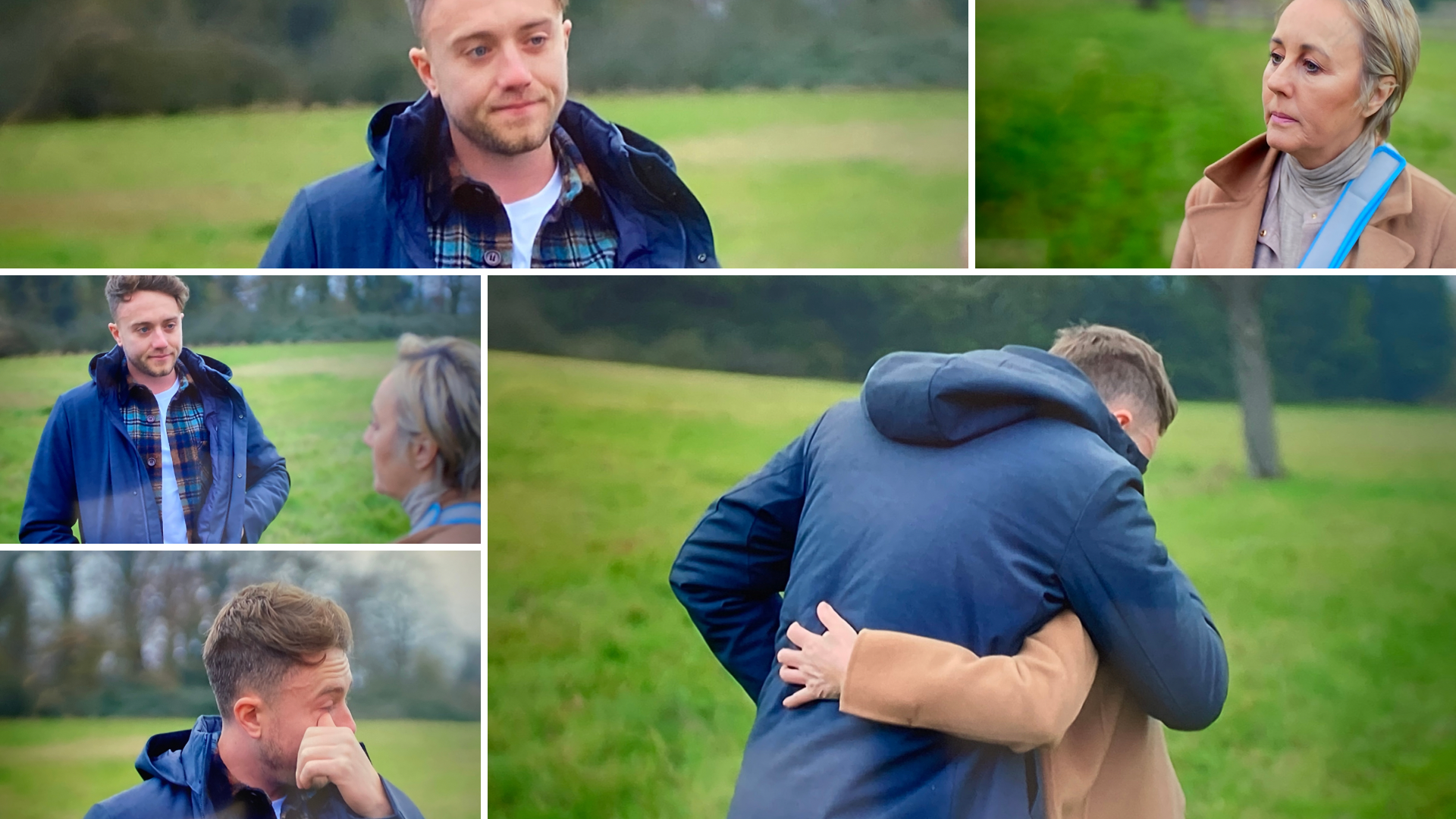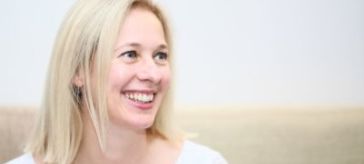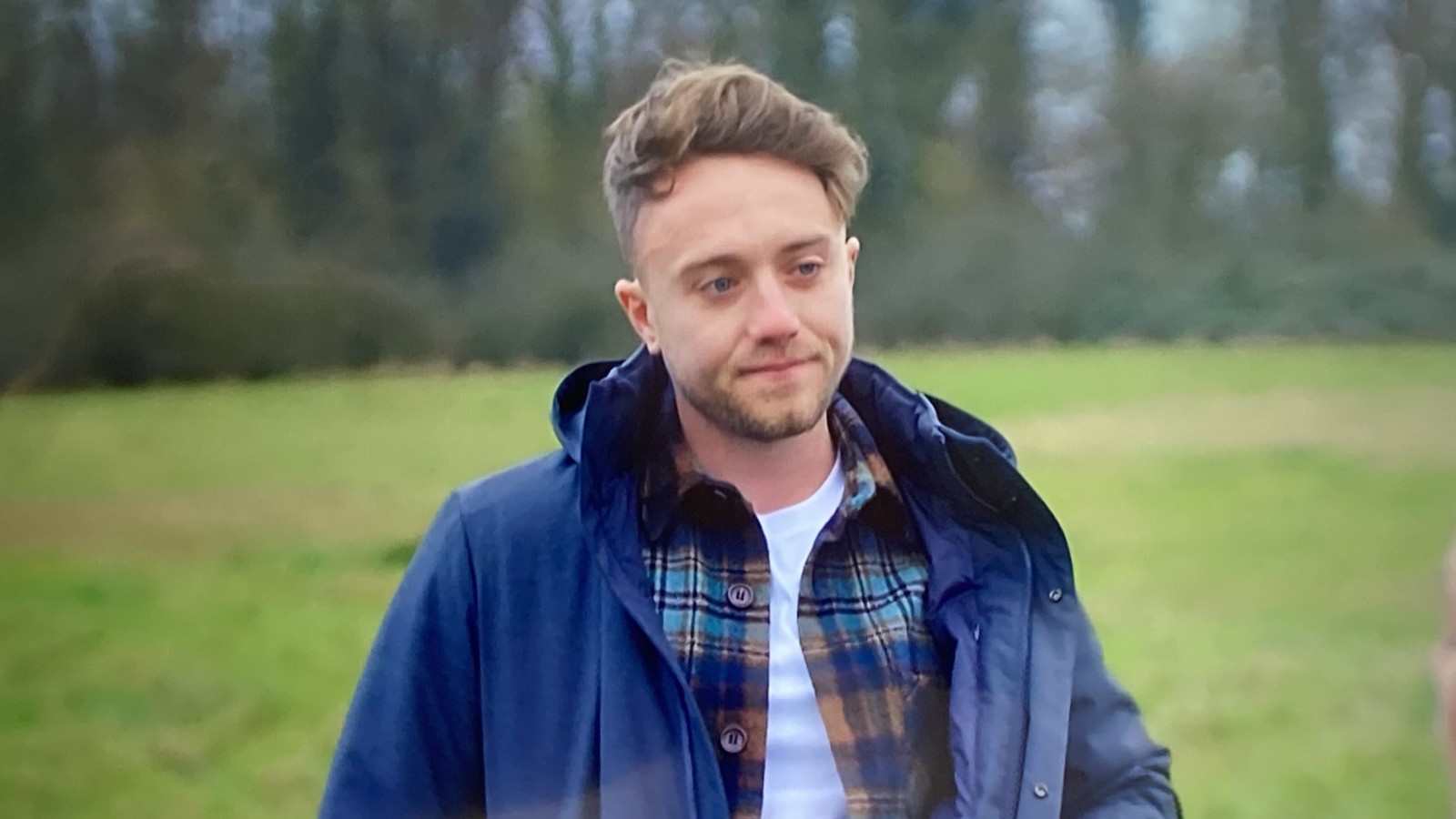When the man I loved and wanted to marry unexpectedly died, I thought I wanted to die too.
It wasn’t the first time I’d felt overwhelmed by my feelings and I’m sure I’m not the only woman alive to feel that gut wrenching pang of recognition when Caroline Flack’s mother Christine said “Carrie” (their name for her) “didn’t cope with heartbreak very well”. But whereas Caroline had apparently always been fascinated with suicide, for me, hurting myself so fatally is not something I feel I could do.
Today, I am a mummy to a gorgeous new puppy (who has currently taken on the role as “love of my life”) and having cleared my body of cancer am firmly focused on living life to the full and imagining a happy and healthy, rosy glowing future (albeit I’m sure with some up and downs along the way). But it wasn’t an easy journey to get to where I am now and my heart broke for Caroline’s family and for Roman Kemp and his producer and close friend Joe Lyon’s mother, as both recently shared stories about the pain, sorrow and taboo surrounding mental health, suicide and loss in the powerful documentaries Caroline Flack: Her life and Death on Channel 4 and the BBC’s Our Silent Emergency, exploring mental health issues and suicide among young men.*
The damaging power of our thoughts really hit home for me when I was told that I could lose my life to cancer. Suddenly death felt too close for comfort and my desire to live a happier life kicked in sharpish. I realised I needed to learn healthier ways to talk about my fears and not push my feelings away. But in my early 20’s and 30’s it was a very different story and despite many loving people around me, I often suffered in quiet despair. A childhood pattern of bottling up my emotions meant that I struggled on and off with bouts of depression after my 20’s saw me engaged and proposed to several times and even though I was funny, caring and “lovely” as my friends would often tell me, I had the unsettling belief I would end up alone.
At first, like Caroline it was a joke, with everyone who knew me asking about my love life but when, again like Caroline, my sister got married and had the family I was hoping for, it became harder to hide how I felt.
Be brave enough to start a conversation that matters.
Margaret Wheatley
My career was flourishing as I created a popular and highly respected mum and baby clinic where ironically, I spent my day’s listening to the worries and fears of others. But I hadn’t thought through that this would mean being confronted daily by what I was longing for in my own life and the only men I was meeting were happily married ones (quite unlike the men who always seemed to be attracted to me). When I finally did meet the man who rocked my world the subject of children became the elephant in the room as he, already a Dad, had been through a painful and challenging divorce with his young daughter, regrettably being used to manipulate and control. As the saying goes “hurt people, hurt people” so although I was willing to be patient (too patient as it turned out) our “happy ever after” was not meant to be.
What ultimately saved me, after our own secret pregnancy came and went (unlikely as it was, he couldn’t handle the thought that something might ultimately go wrong with us and he’d find himself in the same position all over again as he had his own limiting beliefs too), was learning and understanding the difference between fixed thinking and a growth mindset and the tools I needed to shift my focus completely and open doors in front of me that previously seemed permanently closed.

It’s not only about our thoughts – sometimes we do need medication to lift or balance our moods – but my personal and professional training and experience (and plenty of data) now tells me it’s our deeply held beliefs that drive the draining and isolating behaviours that perpetuate the feelings we hold deep inside that we’re “a failure”, “too much”, “unlovable” or not something “enough”. “I’m invisible”, “I’m not safe” and “I’m not worthy” are some of the commonest beliefs I come across too.
Yet our thoughts about ourselves, life and others are something we can easily change – we just need the tools and support to see how.
There is a worrying trend of men aged 45-49 remaining at the highest risk of suicide which correlates with the age of many senior leaders who during the pandemic have admitted that it’s never been lonelier at the top. But as Roman highlighted, younger men and boys are becoming increasingly more vulnerable as are talented, beautiful and emotionally complex women like Caroline.
Turning the tide on the mental health crisis facing us all will not just require braver and deeper conversations but as I know from personal experience it’s a powerful place to start.
*For immediate help with suicidal thoughts go to Rethink.org
Read: Why it’s time we all become braver and go deeper in our conversations (Part 1) here.


